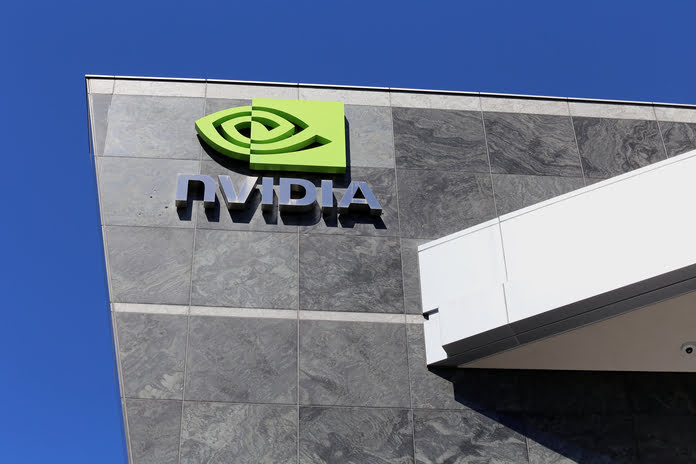Is it now an excellent opportunity to purchase Nike (NYSE:NKE) on the dip, given the dim global economic outlook that has weighed on other growth stocks?
The World Bank significantly downgraded its 2022 predictions for global GDP growth last month. This year, the organization in Washington, D.C., anticipates a 2.9% increase in the global GDP. To put things in perspective, this is much less than the 4.1 % prediction it released in January 2022 and only half of the 5.7% global GDP growth recorded in 2021.
It should be no surprise that this is a factor in the 24 % decline in the growth-oriented Nasdaq Composite this year. Even worse, Nike’s (NKE 0.15%) shares, a leader in the footwear and apparel industry, have performed poorly, falling by 35%. This raises the question of whether, given the current share price, purchasing Nike (NYSE:NKE) stock would be a pure gain for growth investors. To learn more, let’s examine Nike’s foundations and valuation.
Despite Setbacks, Nike (NYSE:NKE) Increased Sales and Earnings.
On June 27, Nike (NYSE:NKE) released their financial results for fiscal 2022. For the year, both diluted EPS (EPS) and revenue increased marginally. During the fiscal year, the corporation brought in a total of $46.7 billion, an increase of 4.9 % from the corresponding period in the previous year. Its five-year sales growth rate was 6.3 %; therefore, this growth rate lagged below that.
But this isn’t a sign that Nike’s fundamentals are deteriorating, given the business’s supply chain issues in the year that harmed total revenue. According to CFO Matthew Friend, Nike’s new corporate resource planning system, which the company just debuted in China, will be made available in North America by the end of the current fiscal year. Because of this, the company is sure that going the future, it will be able to adjust to supply chain difficulties better.
The 14.4% year-over-year growth of Nike (NYSE:NKE) Direct, the company’s direct-to-consumer and online sales channel, was the most significant benefit of the company’s fiscal 2022. The company’s proportion of sales for the Nike (NYSE:NKE) brand increased to 42.1% as revenue skyrocketed to $18.7 billion. The $25.6 billion in sales for the Nike (NYSE:NKE) brand from wholesale clients during the year was more than offset by this 1% reduction.
In the years to come, the company will benefit from two key factors: better margins and reduced reliance on its wholesale clients as its direct-to-consumer and internet sales channels gain traction.
Over the year, Nike (NYSE:NKE) generated diluted EPS of $3.75, an increase of 5.3%. The business’s operating efficiency was increased, which also helped raise total revenue, leading to a modest net margin increase to 12.9%.
Nike’s thriving direct-to-consumer and online sales channels are the reason, according to analysts, why the corporation will have annual earnings growth of 13.4 % over the next five years.
Future Dividend Growth Ought to Stay High.
Nike (NYSE:NKE) is performing great in terms of the fundamentals. In the ensuing years, this should also result in a significant dividend increase. This is because the company’s dividend payout ratio in fiscal 2022 was just over 30%. As a result, Nike (NYSE:NKE) has the financial freedom to invest money back into its operations, pursue acquisitions, buy back shares, and pay off debt.
Additionally, it implies Nike (NYSE:NKE) has a substantial cushion to maintain its dividend in the case of a brief downturn in profitability. Because of this, I think yearly dividend increases will remain in the low double digits for the foreseeable future. This makes up for Nike’s 1.1 % dividend yield being significantly lower than the 1.6 % yield of the S&P 500 index.
The Stock Is neither Very Cheap nor Very Expensive.
At its current $108 per share, Nike (NYSE:NKE) seems to be adequately valued. This supports a price-to-earnings (P/E) ratio of 28.8 for the trailing 12 months (TTM). To provide some context, this is slightly higher than the business’s 10-year median TTM P/E ratio of 28.1. But it may be argued that the expanding sales effect of Nike’s direct-to-consumer and digital sales channels warrants a higher valuation multiple than it has often demanded. For growth investors, buying Nike (NYSE:NKE) stock during a slump appears to be a wise long-term decision.
Featured Image: Megapixl @Alakoo















